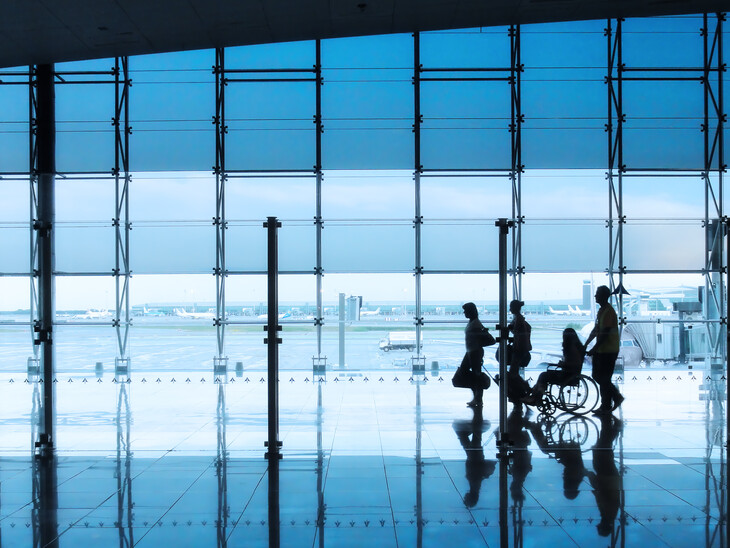
Iberia is collaborating with a Spanish NGO supporting people with special needs, to make it easier for them to travel.
In recent months the Spanish airline has introduced a number of innovations on the advice of the NGO, known as the Spanish Confederation of Physically and Organically Disabled People (COCEMFE). These include:
In addition, Iberia is training staff in how to deal with and lend assistance to special needs passengers.
Iberia and COCEMFE have agreed to monitor the travel experience of special needs passengers with a view to making further improvements, and to propose changes in aircraft design to accommodate such passengers.
About COCEMFE
The Spanish Confederation of Physically and Organically Disabled People is a non-profit NGO founded in 1980 to promote the full inclusion and active participation of special needs people in every sphere of society, via the promotion and defence of their rights, along with the coordination, representation, and actions of its associative movement. It encompasses a total of 91 national, regional, and provincial bodies and more than 1,600 associations.